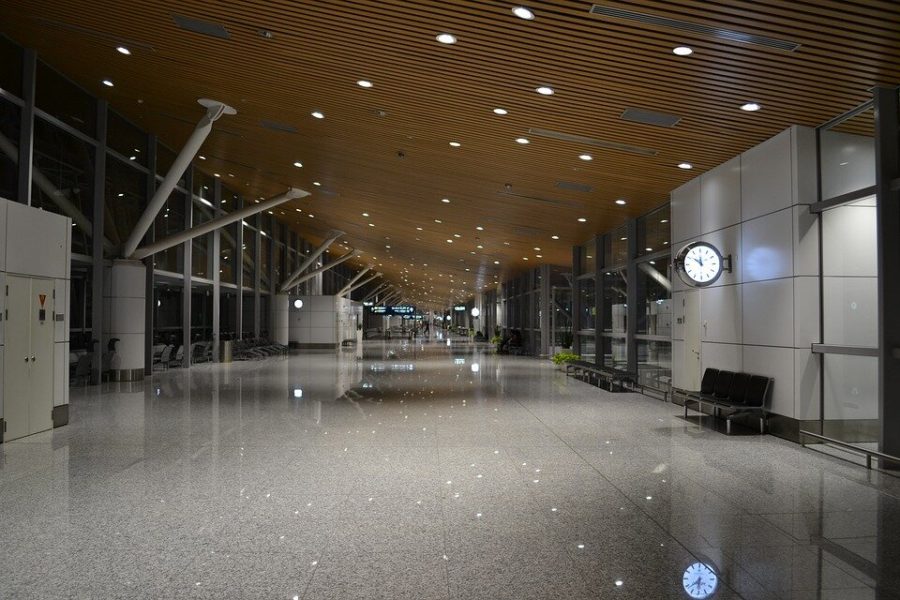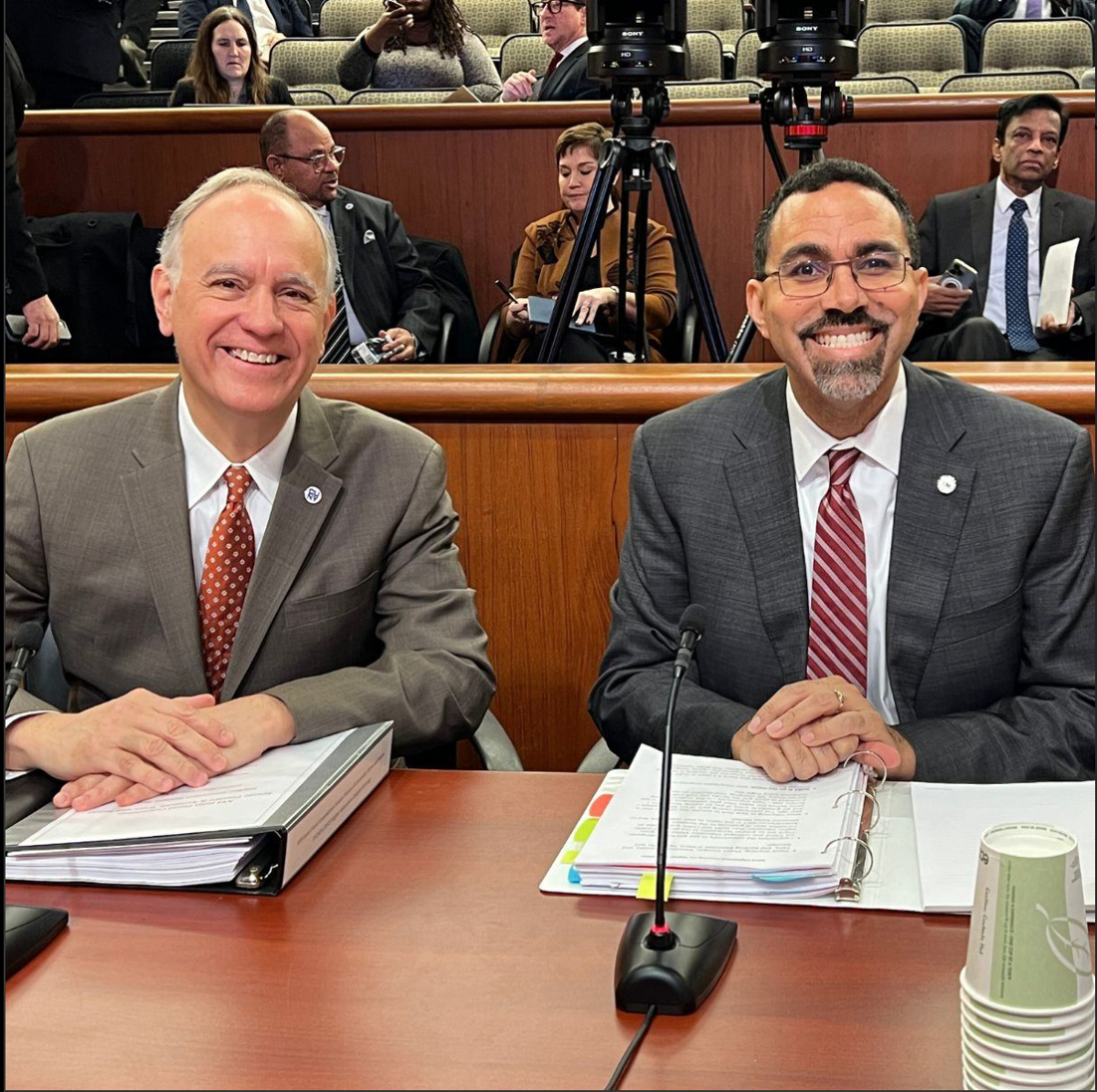Consumer demand has reached an all-time low at an unprecedented level. Delta Air Lines CEO Ed Bastian said the number of flight cancellations is outpacing the number of bookings. The carrier expects to cut capacity by 40 percent over the few months. “The speed of the demand falloff is unlike anything we’ve seen — and we’ve seen a lot in our business,” he wrote. He has been a member of the firm since 1998 to 2005 originally. However, the President has since voiced he’ll stand with the airlines and give them the aid that they need.
Bad publicity has also been another front of battle as many around the world head back home in this chaotic time. Required coronavirus screenings at U.S. airports led to long lines, hostility, anger, and congestion for returning travelers, according to an article by the Hill arriving passengers at O’Hare International Airport in Chicago were waiting for up to four hours to be cleared to leave. Passengers at JFK Airport in New York reported to CNN that many of them had to wait for forms asking which countries they had visited and any symptoms they were experiencing. At a time where all eyes are glued to TV screens or other devices, this is another reason many consumers may avoid travel all together.
Helane Baker an analyst at Cowen stated in an Investor’s Business Daily article that, “People are still not flying for a variety of reasons, including not knowing how long this will last, when people will start working again, and so on. We believe the industry has lost at least two years of growth, and likely more. As a result, we do not believe we will see a return to normal before 2022/2023.”
While waiting for relief the executives at these firms have used many tactics to maintain cash. These range from cutting CEO pay, grounding planes, locking in historically low oil prices, and so on. Only time will tell of the damage the airline industry will suffer. As of Thursday March 26th, the unemployment claims reached a record 3.3 million people and recession looms and grows ever so quickly.






